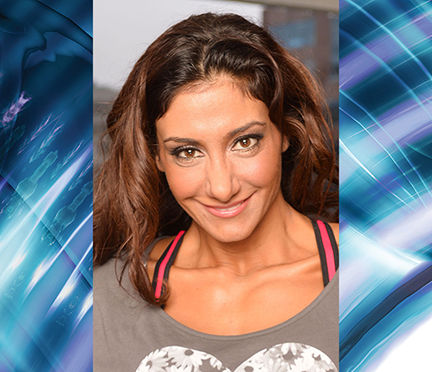Many of us don’t want to listen to our body’s hunger signal. We eat even when we are not hungry, and we ignore or suppress the signals of satiety. This habit can lead, over time, to eating disorders. You may
Many of us don’t want to listen to our body’s hunger signal. We eat even when we are not hungry, and we ignore or suppress the signals of satiety.
This habit can lead, over time, to eating disorders. You may think “I’ll eat the whole cake now, and I’ll start a diet and change everything tomorrow.”
But of course, that change will never last. Creating this huge gap between your habits may lead to much more serious problems, such as depression or anxiety.
I believe that many more people suffer from binge eating disorder that those who are officially diagnosed.
The major reason for this is being too strict on your diet and making unrealistic goals. Eventually, when you’re not able to reach your high goals, you’ll fall back into your old habits.
Now I’m not talking about celebrations, like Thanksgiving or Christmas family dinner.
But I am talking about using celebrations or events as an excuse to eat whatever you want.
And a restrictive diet, where you’re putting strict limits on what you eat, can lead to inadequate energy and nutrient intake, and may also increase cravings. This can lead to a cycle of restriction, followed by binge eating.
This will cycle not just your weight, but also the supply of essential nutrients that your body needs, and make weight loss and weight maintenance more difficult over time.
Sometimes, people with eating disorders even plan to exercise more to make up for the excess food, but they end up overexercising which leads to blood sugar imbalance, which in turn increases hunger and leads them to eat more food.
What can you do?
First, what would happen if you were to change your language with food?
What I mean by that is, for example, if you imagine that the delicious food is not going anywhere, you can eat it whenever you want, just you don’t have to eat so much right now — maybe eat one slice now and put the rest back in the fridge for later, knowing that it will be there waiting for you.
Start by planning your day and prepping your meals beforehand. This will help you improve your food choices.
Adding more fiber in your diet may help you reduce your hunger. Try adding 1 to 2 cups of veggies with each meal — put your veggies on the plate first, and eat them first.
And drink plenty (at least 2 liters) of water, because sometimes when you think you’re hungry, you’re actually just thirsty.
Allow yourself enough time to achieve your goals. If you’re aiming to lose weight, then a realistic goal for shedding extra fat is about 10 percent of your bodyweight in 6 months. Remember, you didn’t gain your weight in a day or a week, so you can’t achieve long term weight loss that fast, either.
Most importantly, focus on proper nutrition and on nourishing your body, not just on your diet. If you focus just on your diet, you can’t reach your health goals.
A diet alone does not work. Instead, you need to be honest with yourself, understand your body type, and change your eating habits by adding more nutrient dense food and focusing on the big picture.
Food is our body’s energy — just like gas in your car. Putting high quality energy, with quality nutrients, into our body will heal our body. And if our body heals, everything heals!
•••
Ayda Ersoy is a nutrition and fitness director at The Diet Doc Hawaii. She can be reached at DietDocHawaii.com, Ayda@DietDocHawaii.com or (808) 276-6892


